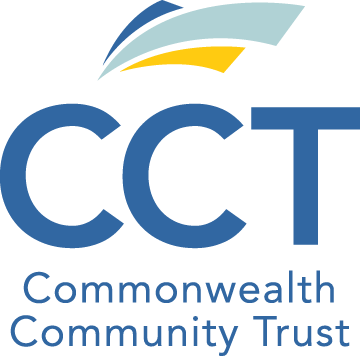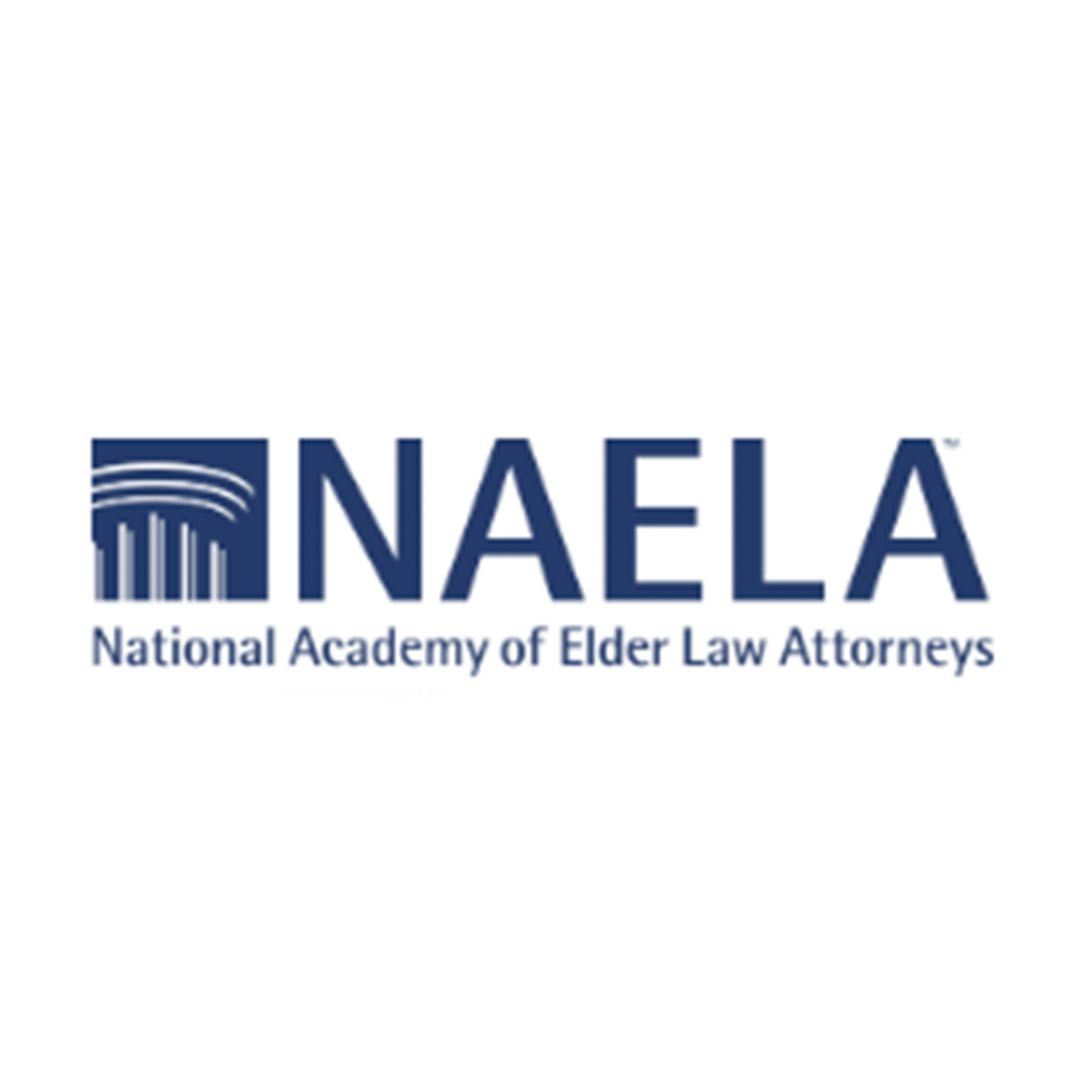Comparing and Understanding Pooled Trust Remainder Policies
By Karen Dunivan Konvicka, J.D., Former Director of Client Services and General Counsel
Introduction to Pooled Trusts
A pooled special needs trust (PSNT) is administered by a nonprofit organization that manages and invests funds for disabled individuals. The funds are “pooled” together for investment purposes, which allows the PSNT to offer lower administrative fees, and due to expanded investment opportunities, the potential for greater growth. The funds are then spent on goods and services for the beneficiary from his or her subaccount. The beneficiary’s assets in the PSNT are not “countable resources” for means-tested government benefits such as Supplemental Security Income (SSI) and Medicaid. Pooled trusts can be both first-party and third-party. The operations of PSNTs vary; in fact, there are so many moving parts to PSNTs, no two seem to look the same. PSNTs have different fee schedules, offer different services, implement different operational policies, and adopt different remainder policies. The remainder policy, which is the focus of this article, determines the distribution of the remaining funds upon the beneficiary’s death.
First-Party PSNTs
For most intents and purposes, first-party PSNTs are the same as “(d)(4)(A)” trusts and in fact, are defined at 42 USC 1396p(d)(4)(C), just two paragraphs following 42USC 1396p(d)(4)(A). The funds must be spent for the beneficiary’s sole benefit, disbursements are made at the discretion of the trustee, and at the death of the beneficiary, Medicaid must be repaid.
Since 2016 when a disabled individual was first allowed to establish his or her own (d)(4)(A) trust, there have been only three notable differences between the two types of first-party trusts: 1) PSNTs can be established 1 by those 65 and older; 2) PSNTs are managed by a nonprofit organization; and, 3) after the death of the beneficiary, the nonprofit organization can, by statute, retain the remainder for its charitable purposes.
The first consideration is what processes occur immediately after the beneficiary’s death. First-party PSNTs, by definition, are “Medicaid payback trusts” that require the trustee to repay the state Medicaid agency for all medical services paid by the program, up to the amount remaining in the trust. After the beneficiary’s death and prior to Medicaid repayment, only two types of disbursements can be made pursuant to POMS SI 01120.203E.: 1) Taxes due from the trust to the State(s) or Federal government because of the death of the beneficiary; and 2) Reasonable fees for administration of the trust estate, such as an accounting of the trust to a court, completion and filing of documents, or other required actions associated with termination and wrapping up of the trust.
Many professionals incorrectly assume that all PSNTs retain the remainder of the sub-account upon the death of the beneficiary because 42 USC 1396p(d)(4)(C)(iv) states:
“To the extent that amounts remaining in the beneficiary’s account upon the death of the beneficiary are not retained by the trust (emphasis added), the trust pays to the State from such remaining amounts in the account an amount equal to the total amount of medical assistance paid on behalf of the beneficiary under the State plan…”
Not all pooled trusts do, however. Understanding and comparing the different remainder policies of different PSNTs will allow you to better inform your clients of the options they have when choosing a PSNT. The remainder policy should be a part of the master trust agreement or the joinder agreement (the contractual agreement between the beneficiary and the pooled trust) for each PSNT. If not easily accessible, it should be well-known by the staff when an inquiry is made.
Few PSNTs are as simple as the chart shown to the right. Some retain the balance of the remainder in its entirety no matter the size of the account or the years of its existence. Many retain a portion, dependent on definable circumstances, and some PSNT remainder policies are dictated by state regulations. Regardless of the proportion retained, PSNTs use the funds to further the charitable purposes of the nonprofit organization which often have ancillary programs benefiting the special needs population.
For the PSNTs that take a hybrid approach, the percentage of the retained funds may be dependent on the years the account existed; or the board of the nonprofit may set a maximum retention amount, or minimum distribution amount. And, often, the percentage is a decision made by the grantor at the creation of the subaccount.
In many states, regulations require that Medicaid be repaid in full prior to making any distributions whether to the nonprofit or successor beneficiaries. Some states impose a sliding scale based on the perceived work done by the PSNT that is usually measured by the years the account existed. For example, if the subaccount existed for one to five years, the nonprofit can retain 20% of the remainder, five to ten years, 40%, etc. The states do not dictate how much can be retained after Medicaid repayment.
Some PSNTs use a favorable remainder policy that may allow retention in lieu of Medicaid repayment, but never retain funds that would otherwise be paid to the successor beneficiaries. In other words, if the repayment amount is greater than the remainder, the PSNT retains the funds. If the repayment amount is less than the remainder, thereby leaving some money to be distributed to successor beneficiaries, the PSNT does not retain any of the funds but rather repays Medicaid and distributes the remaining balance to the named successor beneficiaries.
1 Although outside the scope of this article, it must be noted that while the federal statute does allow an individualwho is 65 and older to establish an account with a PSNT, many states and SSA impose a transfer penalty if that account is funded with the individual’s money within the look-back period. Such funding is considered a transfer of assets for less than fair market value and may cause a period of ineligibility for some public benefits. There are disparate rules imposed by different states and even within individual states these rules are constantly changing.
Published in NAELA News




